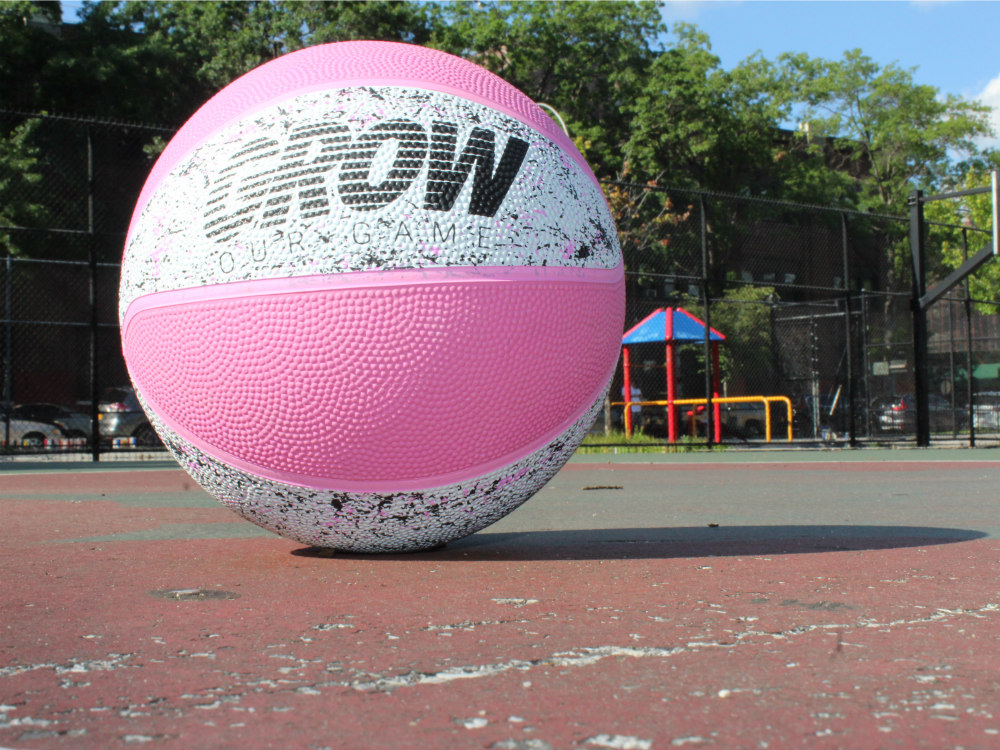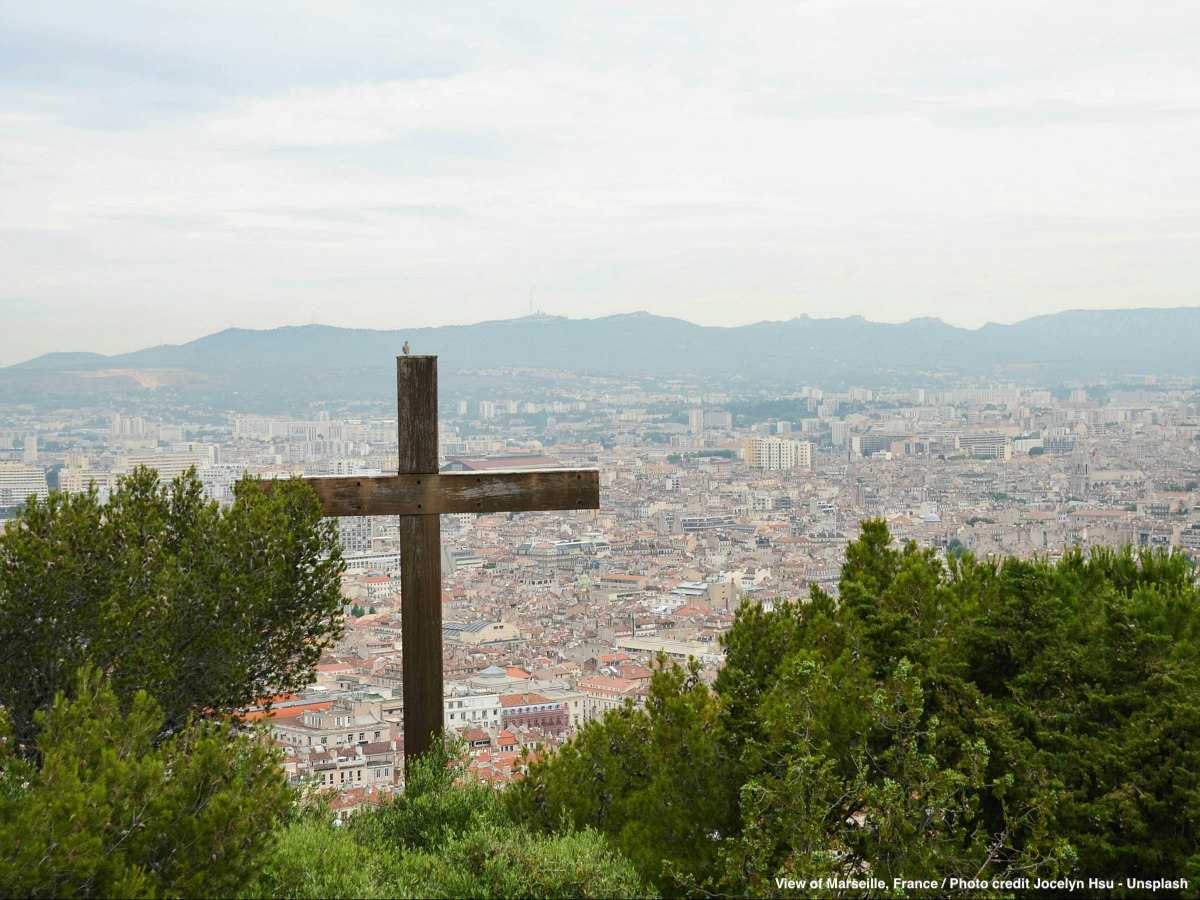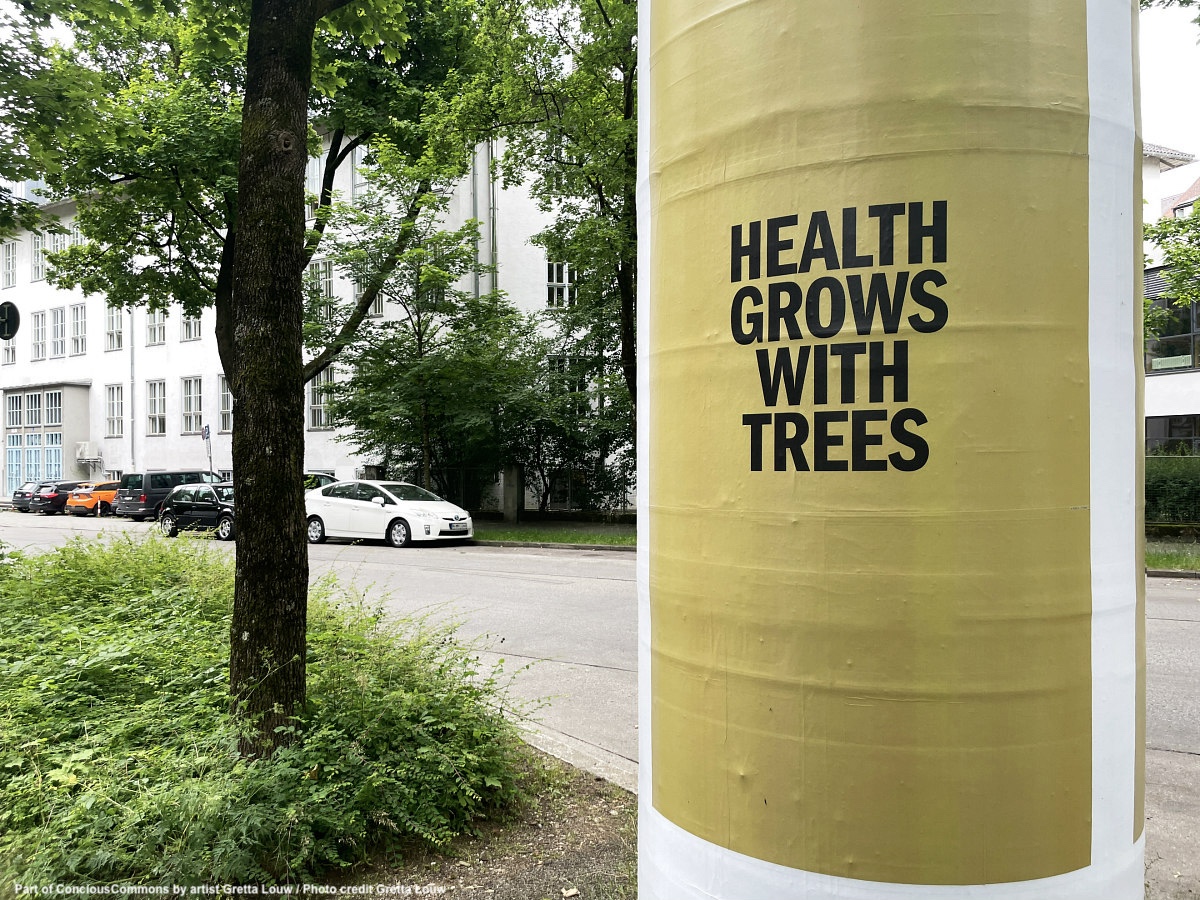There are many stories of basketball in New York. Legendary players grew up and played in schoolyards, playgrounds, and the street corners of the city, where a shared sports culture cuts across race, ethnicity, class, and language. We know that sport is empowering, but at the same time non-written gender norms place limitations on the courts, on the streets, to empower girls in the city. And so sport is construed as principally male. By 2050, almost 80% of women and girls will live in an urban community. So, what should the city game truly be?
Chiene Joy Jones, a Native New Yorker from Queens, spotted the potential in the development of urban girls if more would participate in sports. She is using her love and passion for basketball to empower the next generation of female citizens through passion, confidence and community impact.
Basketball builds self-esteem and courage to bring down limitations placed upon adolescent girls and young women, explains Jones.
She explores the limitless possibilities of achievement through the lens of basketball with programs for little girls from 4 to 7 year olds, who are just beginning to play.
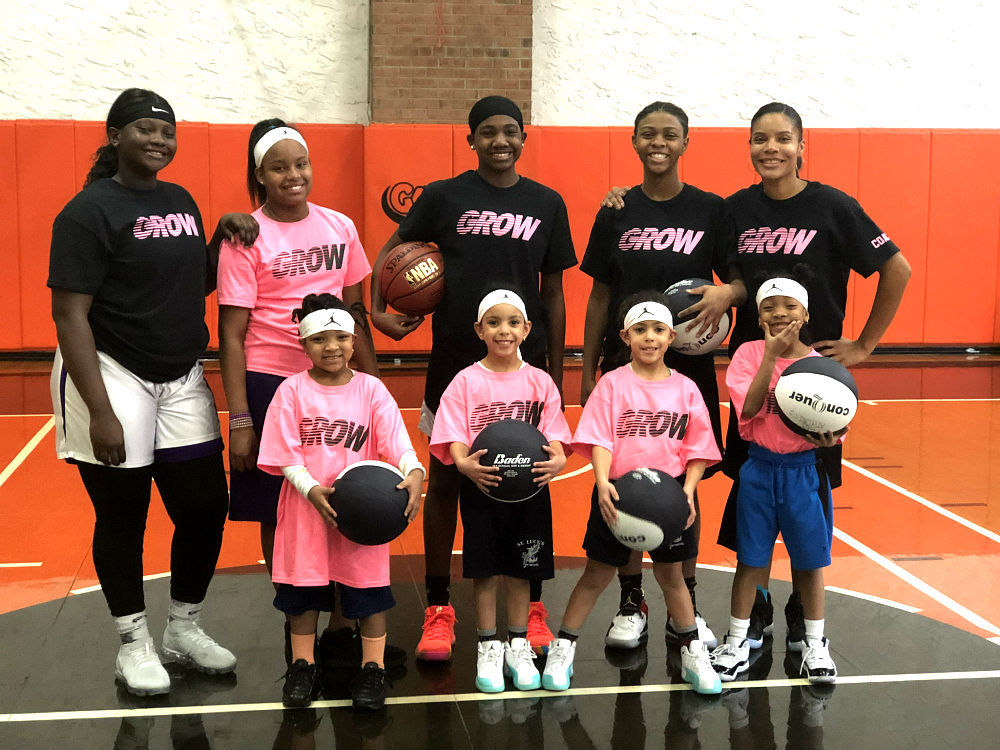
‘We are a grassroots initiative for girls basketball in New York City with the aim to develop and empower highly skilled young girls in the city, who are enthusiastic about the game. We basically feed our program from the word of mouth. Through a strong network of people we are able to partner with high-schools around New York to host the programs at their locations. It is about communities, spreading the word, helping each other’.
Jones founded the non-profit organization Grow Our Game in 2018. ‘I attended a free program where you could tell your idea for a non-profit. They accepted my pitch and I worked with lawyers to do everything by the book. After two years I got the certification to officially start’.
Surprisingly, nothing like that existed in New York. All of our programs are free and open to empower all girls throughout the city, says Jones proudly.
When in September 2018 she put the name out there for the first time, parents were already waiting to register their girls for the program, because after 15 years of coaching experience, she saw the need and the great opportunity of helping young girls to start being interested in playing sports.
Game over: Inequality in youth sport participation
According to a report from the Aspen Institute, the share of children ages 6 to 12 who play a team sport on a regular basis has been declining since 2011, from 41.5 percent to 37 percent in 2017 due to the rising cost of playing sports. But youth sports participation is actually rising among richer families, leaving everyone else behind.
This trend is in part the result of cuts from schools’ sports budgets that have led some schools to implement a pay-to-play system. It is essentially an arrangement in which student-athletes must pay in order to participate in a school sport.
With rising economic inequality the gap in sports participation continues to increase because sadly sport is becoming unaffordable for many low-income households.
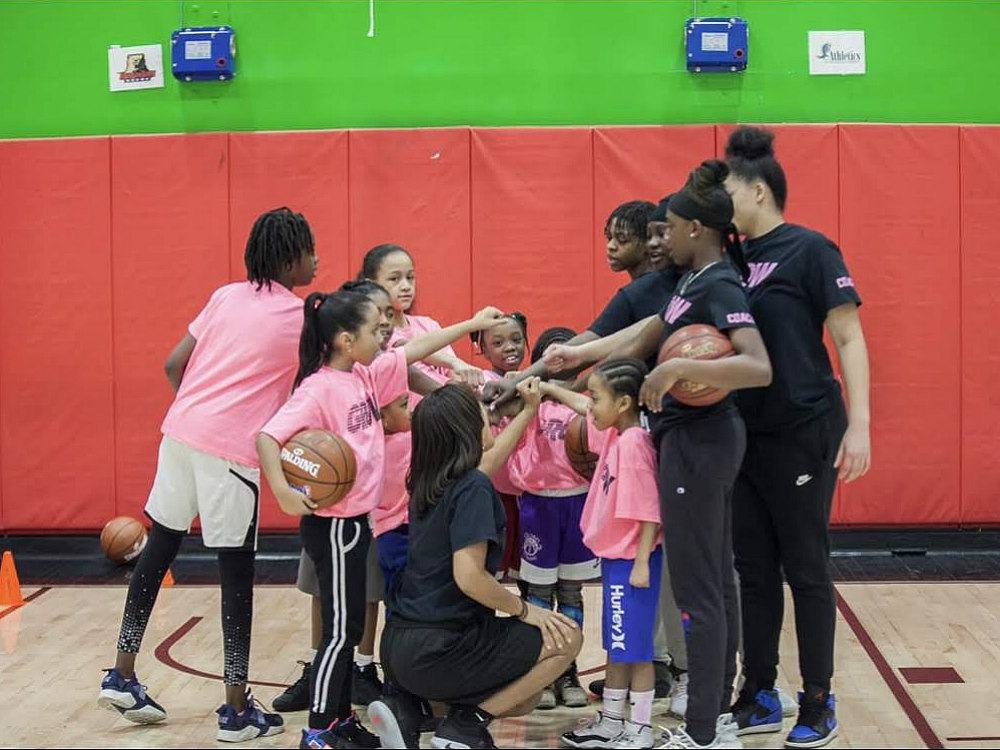
One year ago the Aspen Institute’s Sports & Society Program launched with Kobe Bryant the Project Play with the campaign #DontRetireKid, being revived again this year, to lay the groundwork to grow sports participation rates and related metrics for youth, ages 12 and under.
Kobe Bryant said in an interview ‘we lived in an environment where everything is extremely structured for children. Sports used to be something that kids go out and do for fun’.
Indeed, unstructured outdoor childhood and informal play have all but vanished. And today playing organized sports comes with a price that creates structural inequities that exist in youth sport, not to mention for young girls.
For instance, some urban activists around New York like Lonnie Hardy in the Bronx used to organize Play Streets in their neighbourhoods to offer a safe place for children to play who could not afford to attend extracurricular activities after school.
Chiene Jones gives New York girls the key to empowerment
Grow Our Game is an easy solution to get little girls engaged in sports in the city by removing financial and cultural barriers. Jones is a committed professional, primarily facilitating and leading efforts to break generational poverty by advocating for future women leaders in urban communities.
According to Kids Play USA Foundation, only 3% of youth in low-income areas play organized sports and idle kids are three times more likely to get involved in criminal activity.
‘My program is free of charge for any girl, but actually most of my families come for underserved communities. We started in Central Harlem, where many kids with asthma and obesity live. And we continued down in the Lower East Side, in the middle of a housing development’.
‘I feel passionate to speak to these groups, especially young girls of colour, because they feel they are supported. With the proper amount of resources every child can become anything. I find ways to create that narrative, knowing that there are so many negative stories. People in underserved communities thrive by giving them hope. The sky’s the limit’.
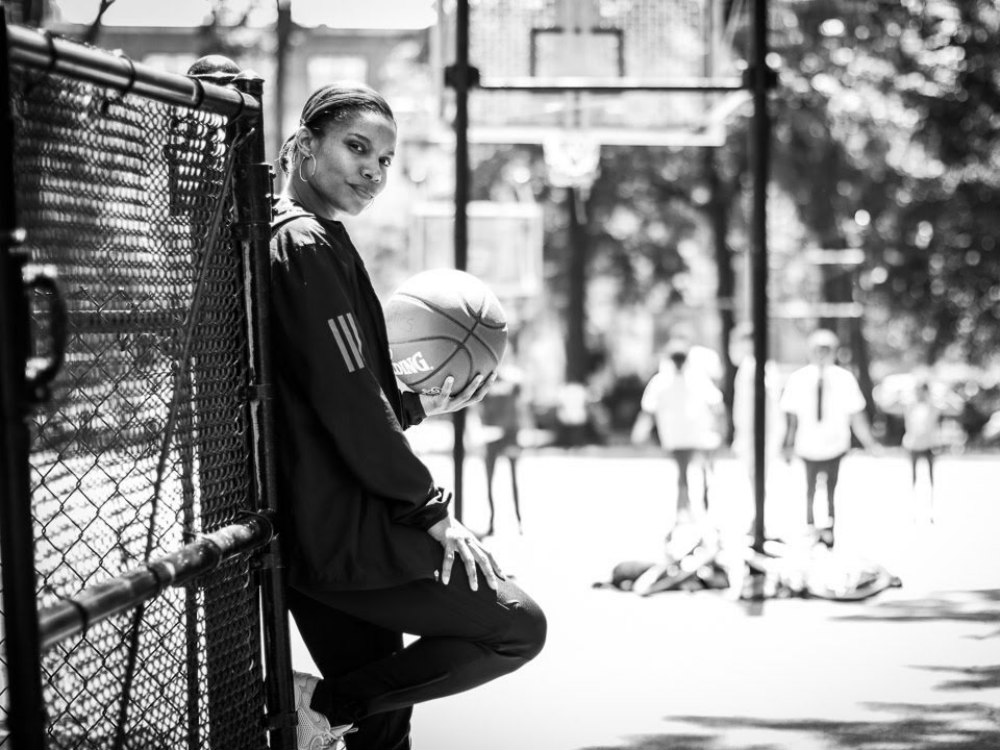
‘I grew up in a household relatively poor but my parents always found free resources to make me become better, being involved in so many extracurricular activities. I used to play three sports but ended up falling in love with basketball. I was recruited to the basketball team in college at New York University and I was able to coach as a first woman trying things and also failing things. They gave me that space to fail and recover again’.
As an empowered woman, Jones feels an obligation to empower girls in her city, they see that the narrative is completely different from what society says. This June a huge street art mural has appeared in Lower Manhattan with the faces of famous male soccer legends. Changing the public discourse is difficult but new inspiring stories apart from the mainstream are possible.
‘I can start with my older girls in the South Bronx. Hundred percent sure that they will continue to college. I used to mentor an 11 years old young lady, who has finished her master degree and started her own non-profit’.
Sport participation offers girls a powerful empowerment tool to grow up fulfilling their potential and strengthen social competences to break down chronic poverty.
‘People don’t understand the importance of granting the right amount of space through sport to these girls that allow them to succeed. This is even more powerful when you start with much younger girls, 4 years old’.
Youth sport in the time of Covid-19: No girl behind
Covid-19 didn’t put on hold what Jones has been achieving so far. The lockdown caused every kid to retire from the court but not from the training. Jones found new ways of engaging girls and coaching through Zoom workout classes and parties.
She continues to be a mentor to all of her players. Most recently, Coach Jones was named 2020 Jr. Knicks Coach of the Year for her profound impact in the community.
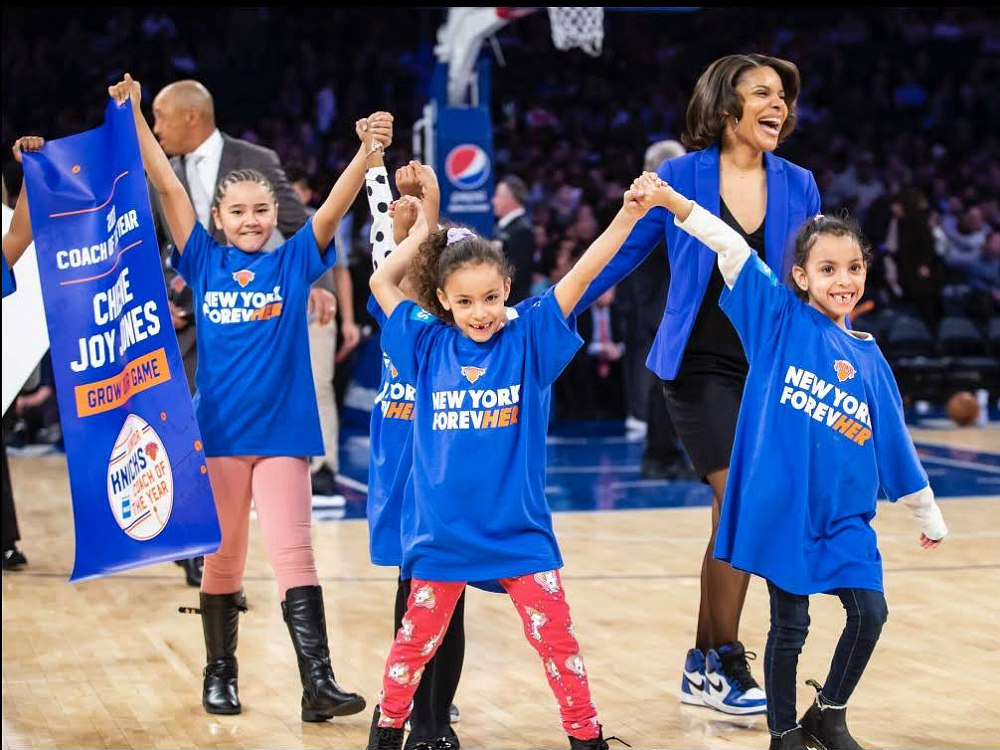
‘We always introduce ourselves, say our names and, for example, tell what is our favorite vegetable, just to feel humanized. At the end of our session, we do sisterhood affirmations: ‘I am strong, I am beautiful, I can do anything’. To be clear how powerful they are inside’.
‘When the pandemic started, everyone was sad. Therefore I was trying to figure out some space of normalcy for girls. Parents were so happy to provide them with some routine. Following months of Zoom workout, we used our platform to have a discussion about equality and talk about some of the things going on. This all was when the protesting was going very high in New York. I felt I needed to have a conversation with my girls. Later the basketball player Breanna Stewart, who stands for equality and racism, even joined us on the Zoom call’.
Then Jones and her girls went into July, playgrounds started to open and all the rims returned to the public basketball courts. It was just the right timing for Jones to give away 300 basketballs, which she had arranged before the lockdown, so that parents and daughters could informally play outside and enjoy the sport for themselves.
‘In September we are planning to start the programs outdoors. Currently we have secured four sites, extending our locations to the South Bronx and East New York’.
The current exhibition City/Game at the New York City Museum ‘captures the excitement and evolution of this quintessentially urban game and the energy of the diverse New Yorkers who play it and love it’.
The term city game for basketball has always fascinated me. It captures all that energy in the public realm where play and sport empowers the youth. In that environment Jones is a catalyst for girls.
Nobody plays the game like New Yorkers. But let’s grow our game, a truly city game for the benefit of our girls, our communities and, ultimately, our cities.
